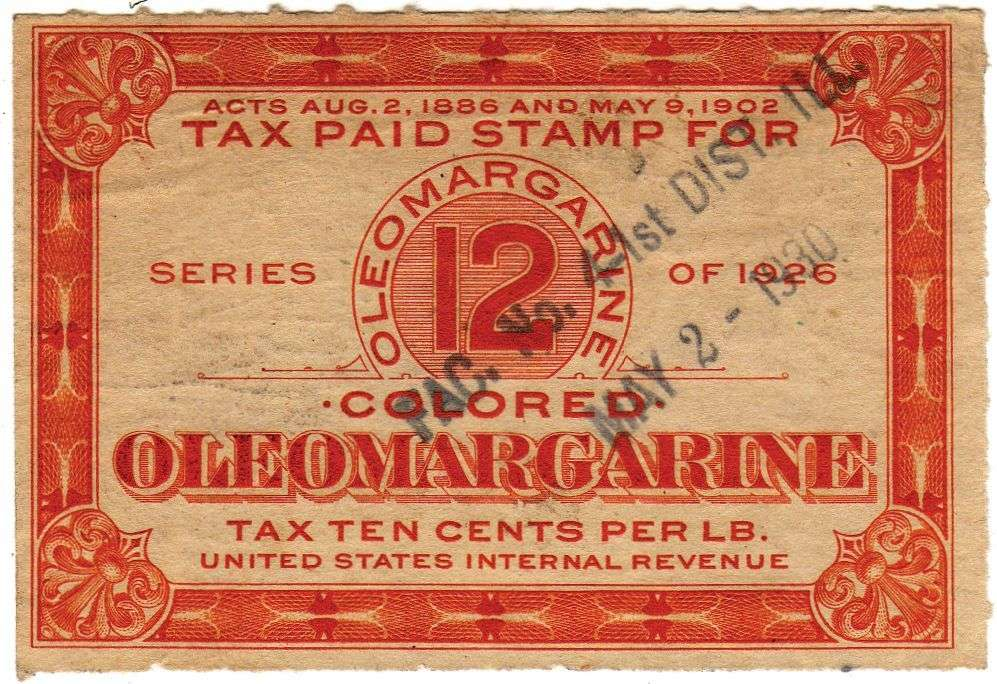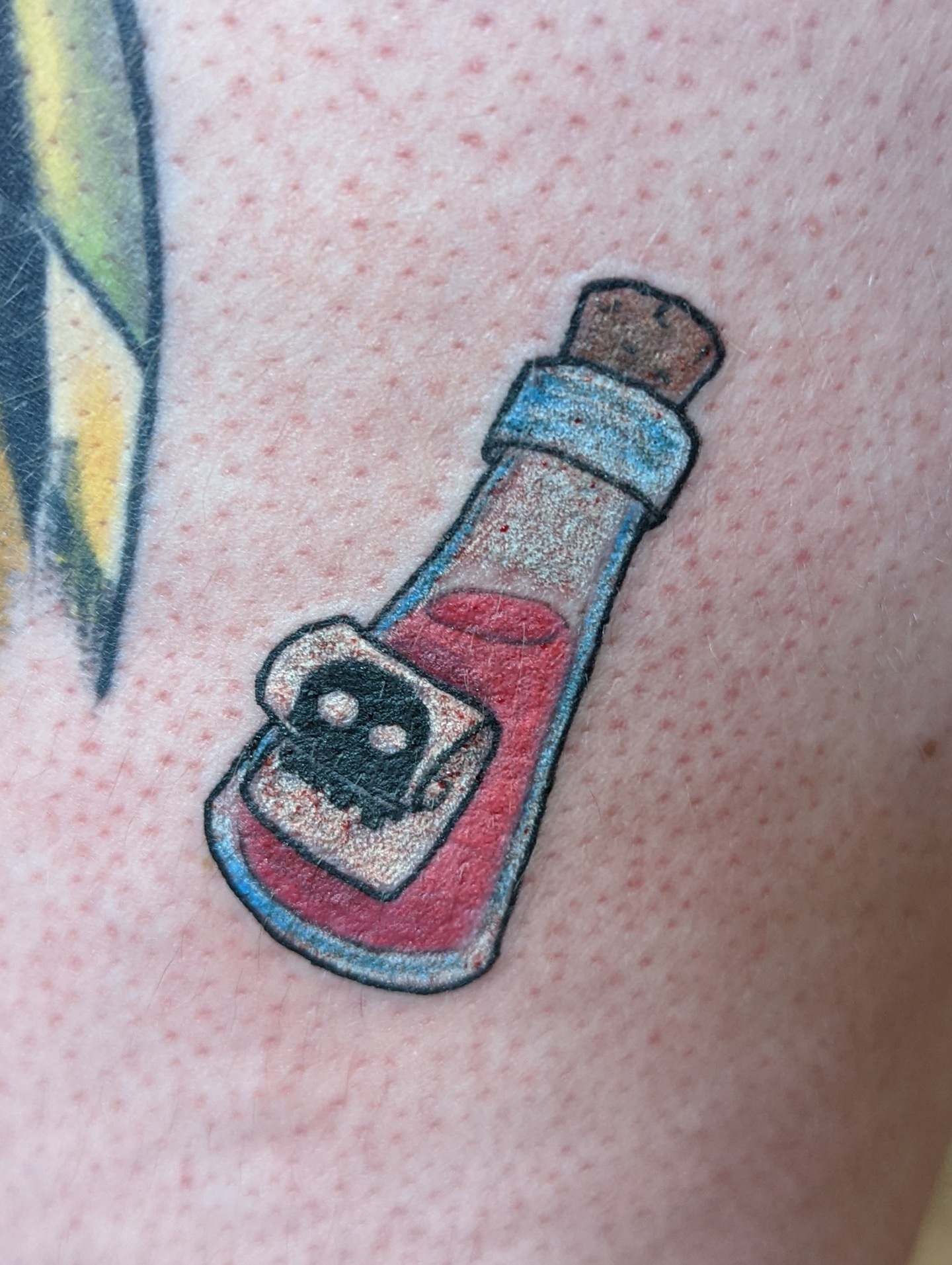CFPB is aware of the issue. I’m guessing that the incoming administration is not going to care about fees.
And thank GOD! if a Business wants to Steal ALL my Money that just makes them GOOD BUSINESSMEN! If I wanted Rights I would Lift up my Bootstraps!
Stealing is smart
No no see the problem is that you have money, and you need to give them that money otherwise they can’t get more money
It’ll trickle down
I left two cents in mine and just left it as is. I like to think that every time those pirates send me a letter telling me I have 2 cents left or send me checks which I don’t cash it costs them money.
It does cost them money, more than you have in the account.
Drain it to zero and then let them auto close it for inactivity. Or keep it open forever since there’s no admin fee.
I’ve had one open for years that is empty. I think they’re hoping I eventually put money in it so they can drain it for the years it sat unused.
This is because you are not the customer. Your employer is the customer, they are the ones who get to choose the HSA provider for their employees. You are the goods to be sold. The HSA provider is simply harvesting profits.
Thanks, I hate it
The admin fee is $0. Can you just transfer all of the money out and keep the account empty?
This is exactly what I do. Spend all the money out of the account and delete my login. Done this at least a couple times and I’ve never had an issue. What are they gunna do? File a bullshit claim on my credit?
Honest question: why? I’ve only been able to use an HSA once, and I thought the big advantage is that it’s your money you can keep and use whenever. Can’t you just keep using it normally, ideally save some of it?
In my case, my ex got it put in our divorce judgement that I would carry “traditional” insurance, so I knew that my HSA had no future
Well, I spent the money using the American healthcare system. Because my insurance sucks so much that I often get shafted with huge bills. One such recent one was learning I had to get hearing aids out of pocket as my plan had no coverage. That is why my HSA is gone.
That’s unfortunate: it definitely sucks both that hearing aids are inordinately expensive and that they’re not usually covered. I assumed from reading your post that it was more intentionally spending down and abandoning the account
Hey, Jackal, is the Kuzko’s poison?
Does it benefit the company in some way to have empty accounts on their books?
It’s that someone has to do work and they want things to be automated. Everything with a fee is to cover salaries.
That’s a funny way to spell executive bonuses.
What I mean is that if a human has to interact with you, you have to pay for that time. That, at least, would be the justification.
As somebody who works in designing software systems, including for large companies, lets just say that the amount of human time that goes into a customer account closure is negligible because main business operations such as openning and closing customer accounts are the ones that get automated the soonest and the furthest.
The stuff that uses “lots” (in relative terms) of manpower is supporting customers with really unusual problems involving third parties and even then spending 2.5 h man/hours (assuming the administrative person get paid $10/per hour) is pretty uncommon.
You’ve been lied to, repeatadly, for at least 3 decades.
$10/hr for customer support? Any random fast food joint will pay you more if you have a pulse. Maybe if you offshore it…
Not living in the US, I’m not up to date with US salaries.
That said, even for administrative personnel paid $25/h, $25 will pay 1h of somebody’s work which is way beyond what is needed to close a retail customer account in any modern administrative system were such thing is a common operation which should take less than a minute to do, because people who design the kind of company administrative computer systems (such as yours truly, at least during part of my career) will make the most common business operations be the fastest to do in that system.
I had this happen a couple jobs ago - I successfully spent it down to $1, but the they wouldn’t transfer that little. I suppose I may still legally have this amount somewhere
You can always just transfer it yourself. Withdraw it from a physical location (assuming there is one) for that bank and deposit it in your own hsa account.

No lollygagging!
Reminds me of when my ISP who was “no contract” had a cancellation fee. Like I have to pay money to stop being billed? Something about that feels very backwards.
Not to mention illegal.
Yep,
I don’t consent to that charge.
Oh, it’s one of our rules.
Too bad so sad, no contract.
That schedule of fees looks like it’s straight from the 1980’s.
It deceives people whose idea of how things work in large companies hasn’t changed since the days when it was the manager of your bank branch who decided if you you should get a loan or not.
Nowadays, for certain in middle and large size companies, all the administrative main business pathways are heavilly if not totally automated and it’s customer support that ends up eating the most manpower (which is why there has been so much of a push for automated phone and chat support systems, of late using AI).
Those $25 bucks for “account closure” pays at worst for a few minutes of somebody’s seeking the account from user information on a computer, cross checking that the user information matches and then clicking a button that says “Close accout” and then “Ok” on the confirmation box and the remaining 99% or so left after paying for that cost are pure profit.
HSAs are a misdirect to get you to ignore how shitty high deductible plans are. Never take the high deductible plan.
deleted by creator
My company has high deductible plan with $1800 deductible and another with $3600 deductible. I just divide those by 12 and add to monthly premium when comparing against HMO/PPO plans.
I’m single and old.
Is your company paying part of the deductible? I can’t get an HSA-qualifying plan with deductible under $6000. Also single and old.
Generally the lower the deductible, someone is paying more upfront. How that is split between employer and employee is unknown to me. My last two jobs have had similar high deductible plans.
HSAs are also a way to get healthy people away from wanting universal health care by catering to their self interest, just like how IRAs were intended to let people with money invest in retirement which eroded support for social security.
I save money with the HSA/high deductible. I always plan around using 100% of deductible. Premium plus HSA contribution is less than the PPO option.
I’ll never pick an 80/20 plan. They generally charge more and cover less.
And I’m an old hag and have recently got cataract surgery in both eyes, hearing aids, etc.
deleted by creator
It really depends. My company, you always do the high deductible. The OOP Max is only $5k compared to $13k for the other. The difference in premiums plus my employers contribution to the HSA are more than the difference between the two deductibles. The plans cover the same stuff. I don’t really get why they’re set up how they are.
My company offers something similar, but I worry it’s a short term incentive to get more people onto HDPs and then quietly make that the only option.
The fact that you get charged for a paper statement and that is not an opt in is more infuriating.
fee fee fee fee fee fee
When I was looking for a non-employer HSA, there’s a lot of providers out there with not-exactly-predatory terms. All kind of fees or restrictions that you wouldn’t find on other types of checking/saving/brokerage accounts. I ended up a Lively, but they added some investment/transfer fees when Schwab bought Lively’s investment partner TDA.
I suspect it’s partly because most HSA are determined by the employer, so someone in HR can be induced to choose a fee-laden plan if it’s easier for them, and partly because the tax benefits are so great that it still makes sense even after paying a $20 junk fee here and there.
eyup. had this twice. so annoying that jobs don’t let you choose an hsa for it to be deposited into.
deleted by creator
MAX OUT YOUR HSA YEARLY!!! BANDAIDS, NEOSPORIN, I THINK BURTS BEESWAX!!! They take every penny you don’t spend when you quit. I had to let 10k go earlier this year, and the kicker, the company you worked for gets to keep it. Carte Blanche. Mine gave it to mgrs as a bonus.
No, you should probably collect your documentation and engage an attorney. Money in an HSA is yours, whether you leave the company or not. Your contributions need to be made while you’re covered under an eligible health plan, but once you’ve made the contribution, funds are yours forever, and can be spend on any eligible expense in the future.









